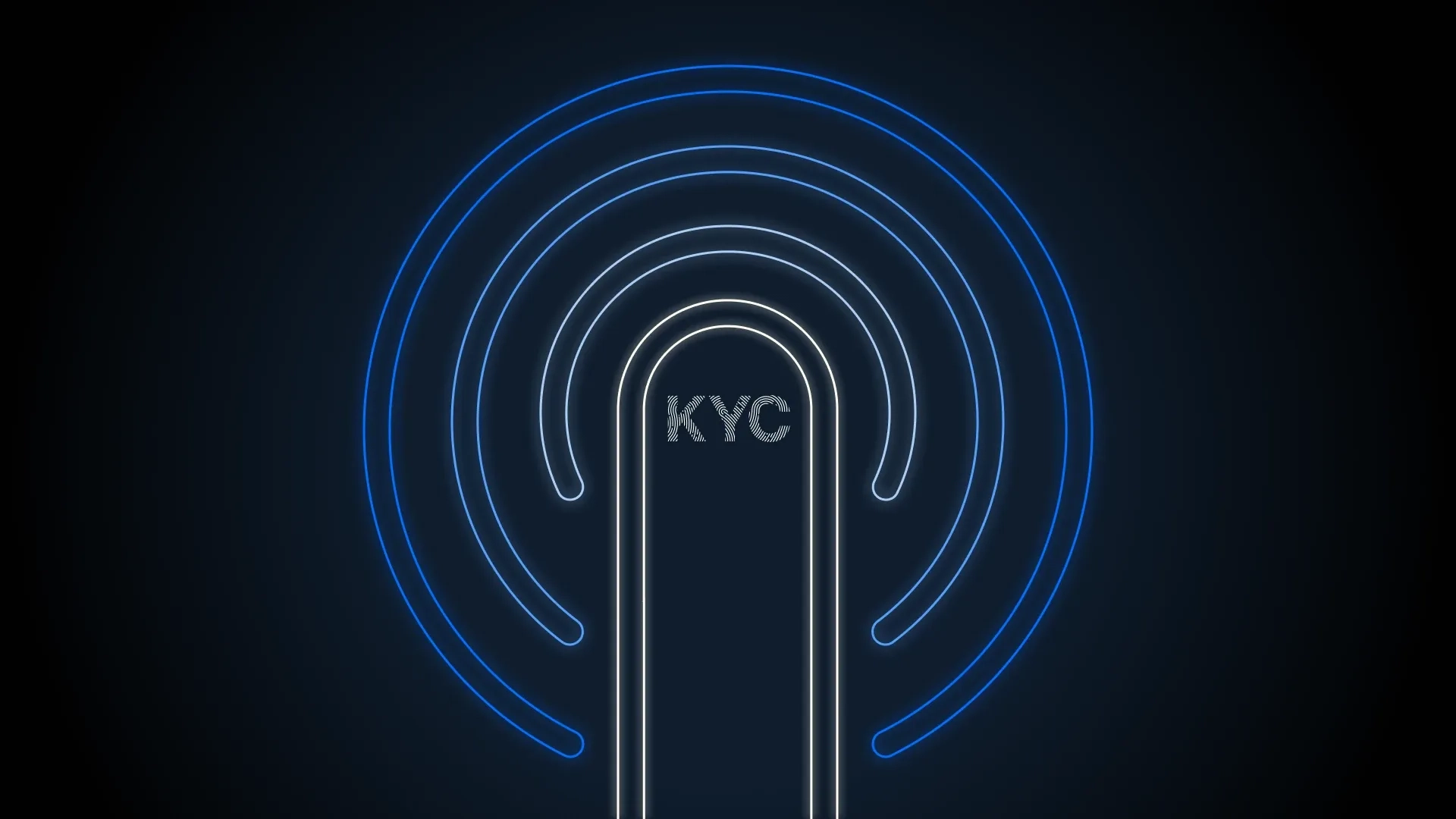What is eKYC (electronic Know Your Customer)?How does the eKYC process work?Advantages of implementing an eKYC system in your businesseKYC use cases: the industries that benefit the most4 keys to choosing the right eKYC solution for your businessDidit: your free, unlimited, and forever eKYC solution

September 27, 2024
eKYC: The Solution to Remotely Verify Your Customers' Identity
September 27, 2024
eKYC: The Solution to Remotely Verify Your Customers' Identity
